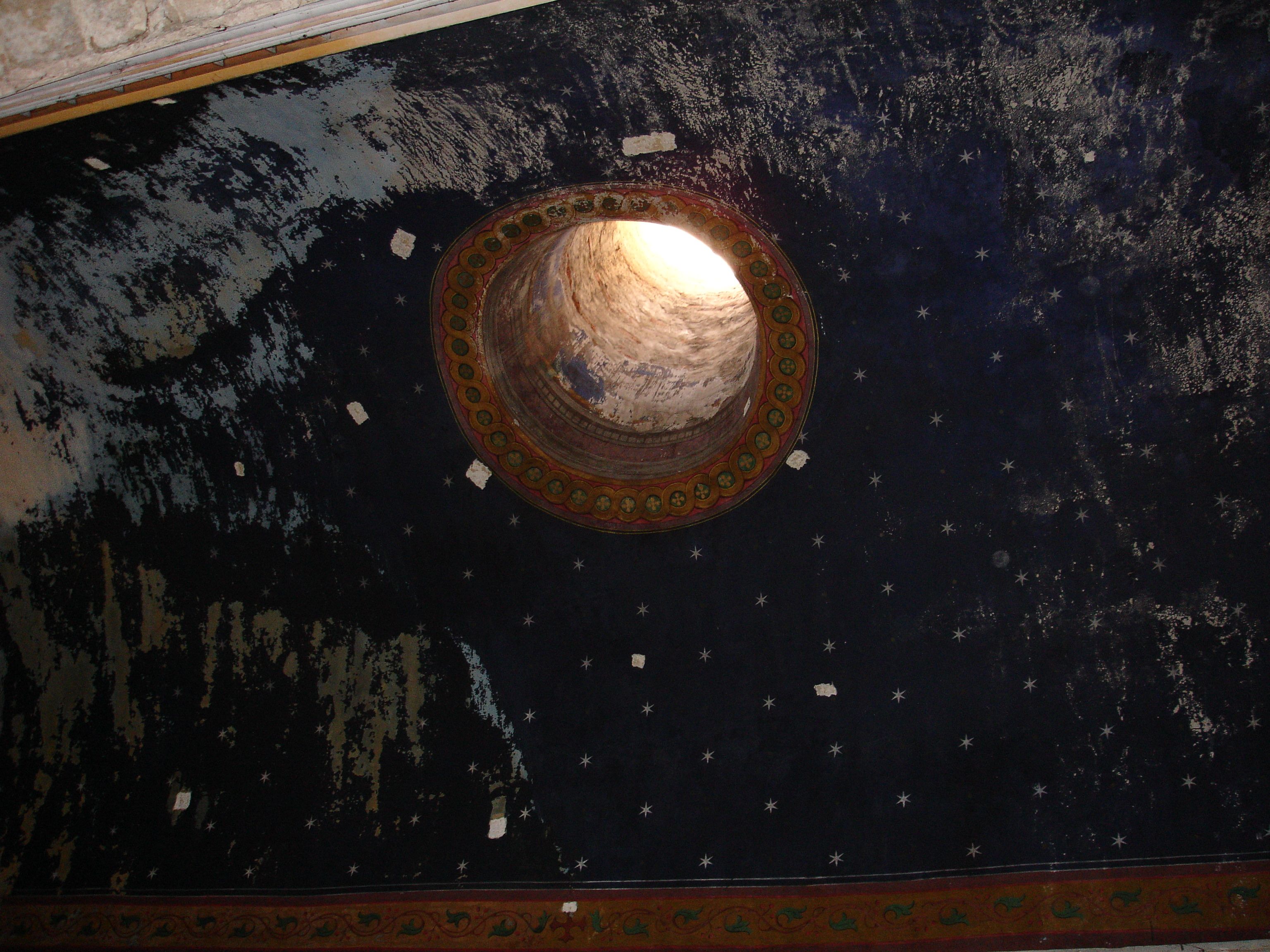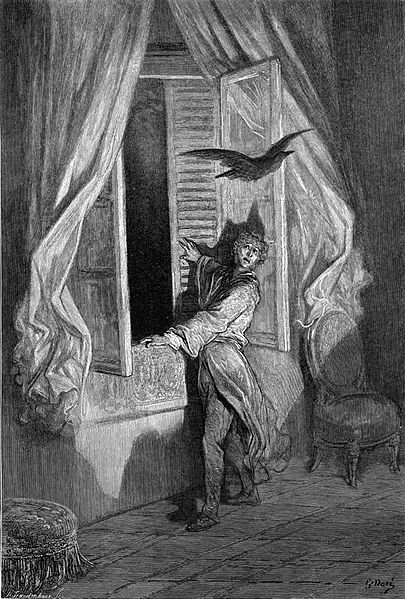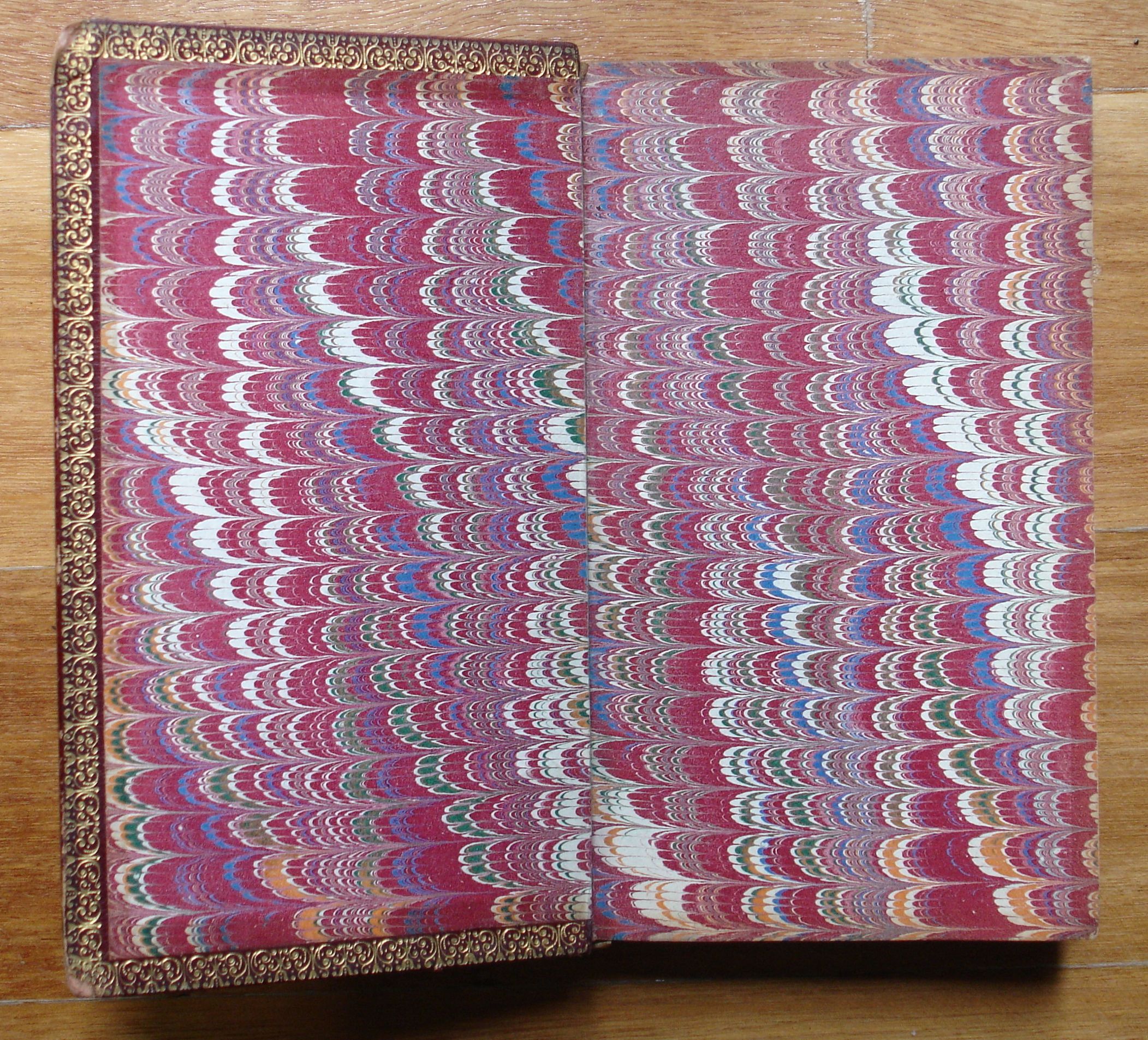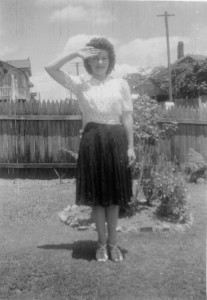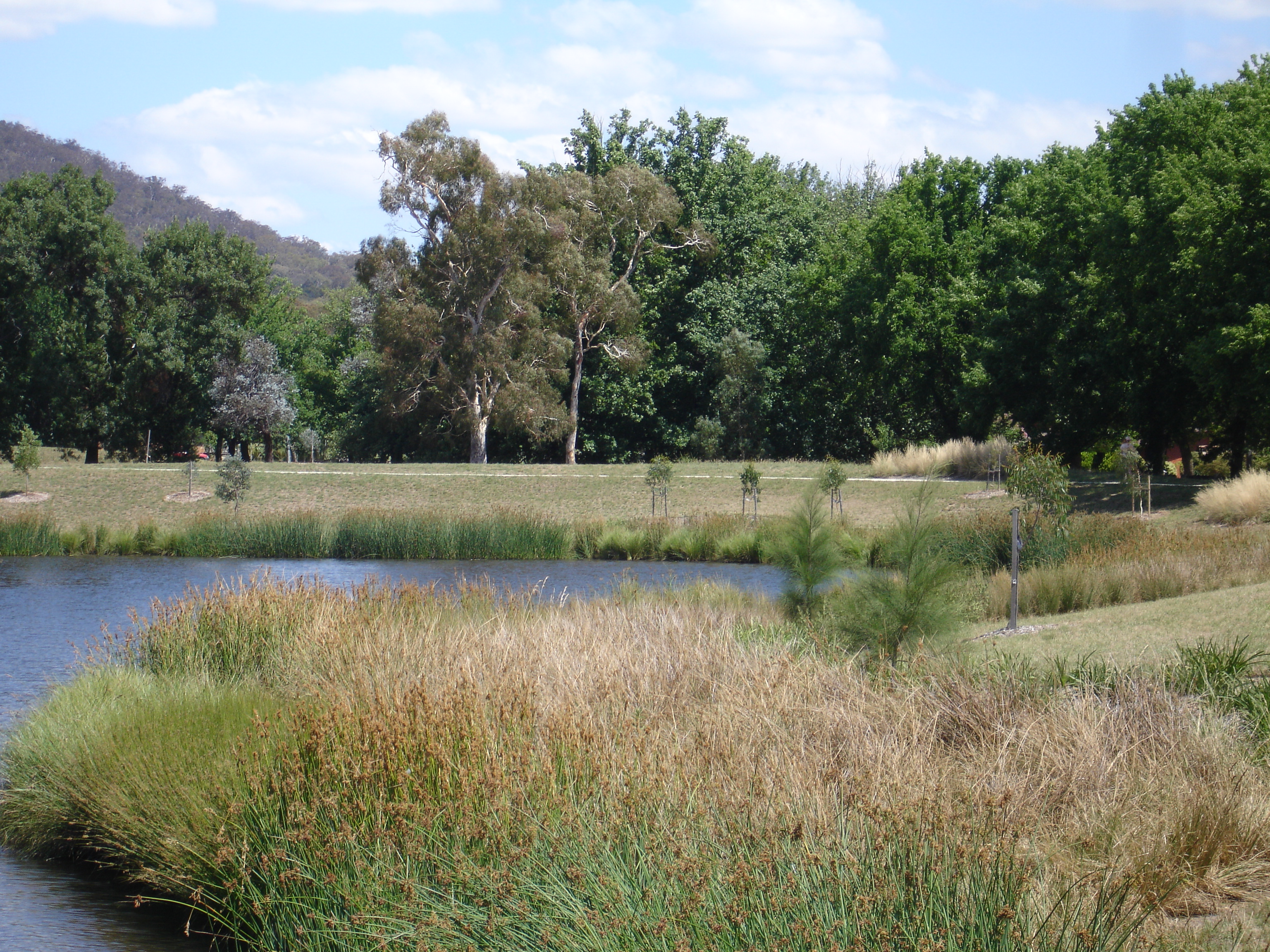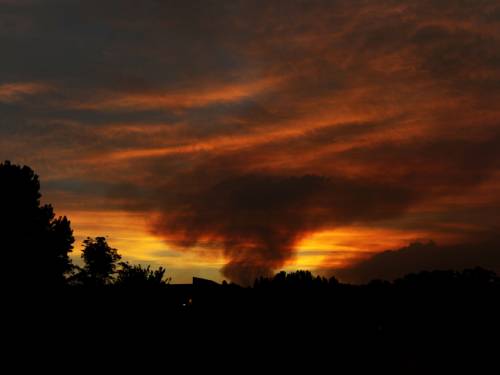John Milton, I’ve read, completed his Masters degree at Cambridge in 1632 at 24 years of age and then moved back home with his parents for five years, where he worked on some of his best-loved writing. But it wasn’t until 1645 that any of his poetry was published; the book was called Poems of Mr. John Milton, both English and Latin, compos’d at several times.
His poetry was not published again until 1667 at the age of 59 when he had been totally blind for 13 years and had been married 3 times, and after he had worked on the piece for at least 9 years. He was paid £5 for a print run of 1500 copies of his masterpiece, Paradise Lost.
Here’s an excerpt:
Now came still evening on, and twilight grey
Had in her sober livery all things clad;
Silence accompany’d; for beast and bird,
They to their grassy couch, these to their nests,
Were slunk, all but the wakeful nightingale;
She all night long her amorous descant sung;
Silence was pleas’d. Now glow’d the firmament
With living sapphires; Hesperus, that led
The starry host, rode brightest, till the moon,
Rising in clouded majesty, at length
Apparent queen unveil’d her peerless light,
And o’er the dark her silver mantle threw.
Last night I found this excerpt from Paradise Lost in my old school poetry anthology. When I read the line ‘Now glow’d the firmament With living sapphires’, I remembered a 12th-century church ceiling that I recently saw in Saint-Génis-des-Fontaines in the Pyrénées-Orientales, France. During the day the skylight produces a simulated moon shining in a starry midnight blue sky, and the patches no longer covered in paint resemble night clouds or constellations. Even in this interior, the moon has thrown ‘o’er the dark her silver mantle’. The photo, left sitting on my computer screen and viewed from across a room, has fooled me more than once.
Click twice on the photo to enlarge it.

It does me good to read that a Cambridge Masters graduate worked on his writing for 35 years before producing a masterpiece.

